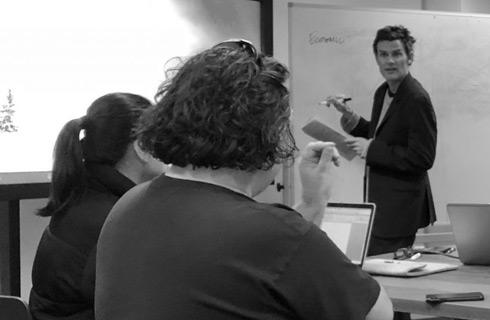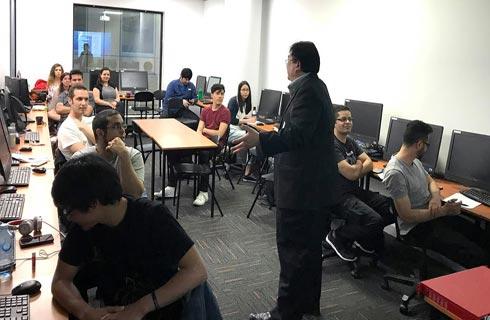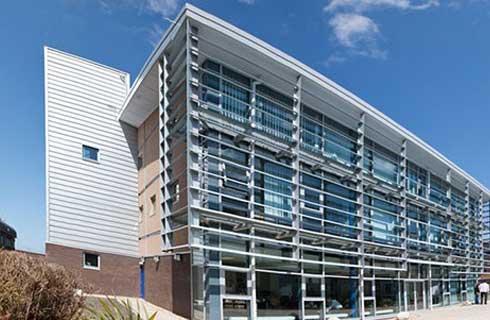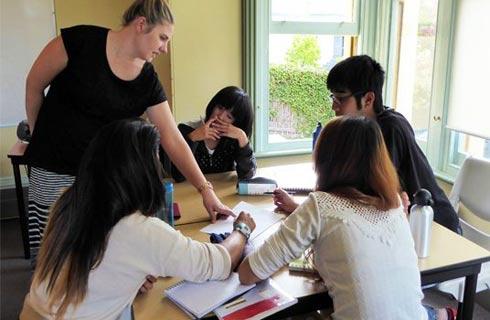Master of Environment in Education and Social Change

学历文凭
Masters Degree (Coursework)

专业院系

开学时间

课程时长

课程学费

国际学生入学条件
IDP—雅思考试联合主办方

雅思考试总分
- 雅思总分:
- 托福网考总分:
- 托福笔试总分:
- 其他语言考试:
CRICOS代码: 076197J
申请截止日期: 请与IDP联系 以获取详细信息。
课程简介
相关申请
 预科
预科 奖学金
奖学金 实习机会
实习机会 在校学习
在校学习 跨境学习
跨境学习 校园授课-线上开始
校园授课-线上开始 在线/远程学习
在线/远程学习
开学时间&学费
学费信息仅供参考,请与IDP联系以获取详细信息
| 开学时间 | 时长 | 学费 | 地点 |
|---|
学校排名

世界排名32
数据源:
泰晤士高等教育世界大学排名
关于墨尔本大学

墨尔本大学拥有独特的学习环境,拥有一系列专门为实现突破性发现而设计的可持续设施和校区。 该大学的研究和教育旨在解决当前现实世界的社会问题,重点关注关键的全球问题。该大学的研究网络支持澳大利亚和国际舞台上的尖端发现。 墨尔本历史悠久的帕克维尔校区位于三个全球公认的创新区的中心,该大学的八个专业校区提供生命科学和农业方面的沉浸式教育。 墨尔本的学生为未来在产业界和学术界的职业成功做好了充分的准备。墨尔本有太多值得体验的地方。 搬到这座城市的学生可以确信,他们将在澳大利亚的文化、美食和体育之都留下终生难忘的回忆。 墨尔本一直被经济学人智库评为世界上最宜居的城市之一。 人均咖啡馆、酒吧和餐馆的数量比世界上任何其他城市都多。 这意味着学生有很多地方可以与朋友见面、放松身心并吸收墨尔本独特的文化。墨尔本大学确保学生快速在这座城市安顿下来。 该大学为首次前往澳大利亚的学生提供量身定制的帮助。 大学设有专门的学生生活计划,以确保国际学生在当地文化和大学社区中感到宾至如归、与社区互动并茁壮成长。 该大学拥有世界上文化最多元化的学生群体之一,欢迎来自全球 160 多个国家/地区的国际学生。 墨尔本卓越的支持服务为学生在大学期间提供帮助,并为所有学生提供服务,即使他们毕业后也是如此。
本校相关课程
其他相关课程
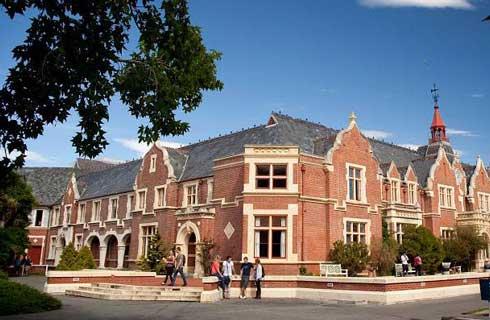
理学学士(生物多样性和保护)
 弗林德斯大学
弗林德斯大学泰晤士高等教育世界大学排名:307
学历文凭
Bachelor Degree
开学日期
课程费用总额


理学学士-生物多样性和保护(荣誉)
 弗林德斯大学
弗林德斯大学泰晤士高等教育世界大学排名:307
学历文凭
Bachelor Degree with Honours
开学日期
课程费用总额


保护与土地管理文凭
 查尔斯·达尔文大学
查尔斯·达尔文大学泰晤士高等教育世界大学排名:417
学历文凭
Diploma
开学日期
课程费用总额


哲学博士(环境与农业)
 科廷大学
科廷大学泰晤士高等教育世界大学排名:256
学历文凭
Ph.D.
开学日期
课程费用总额


环境政策与管理研究生证书
 阿德莱德大学
阿德莱德大学学历文凭
Graduate Certificate
开学日期
课程费用总额

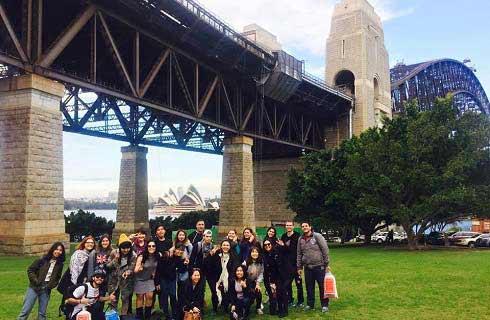
环境政策与管理研究生文凭
 阿德莱德大学
阿德莱德大学学历文凭
Graduate Diploma
开学日期
课程费用总额











